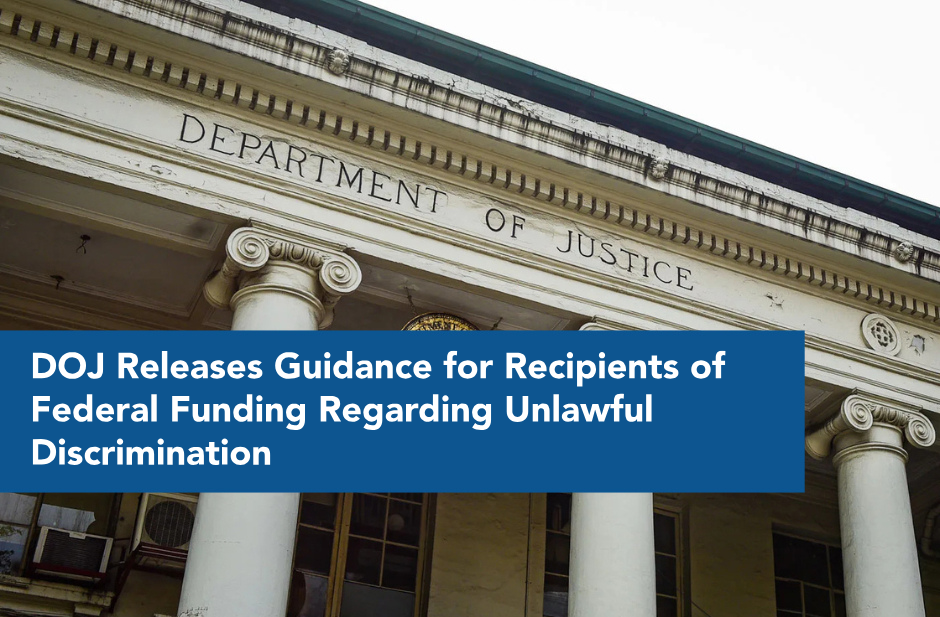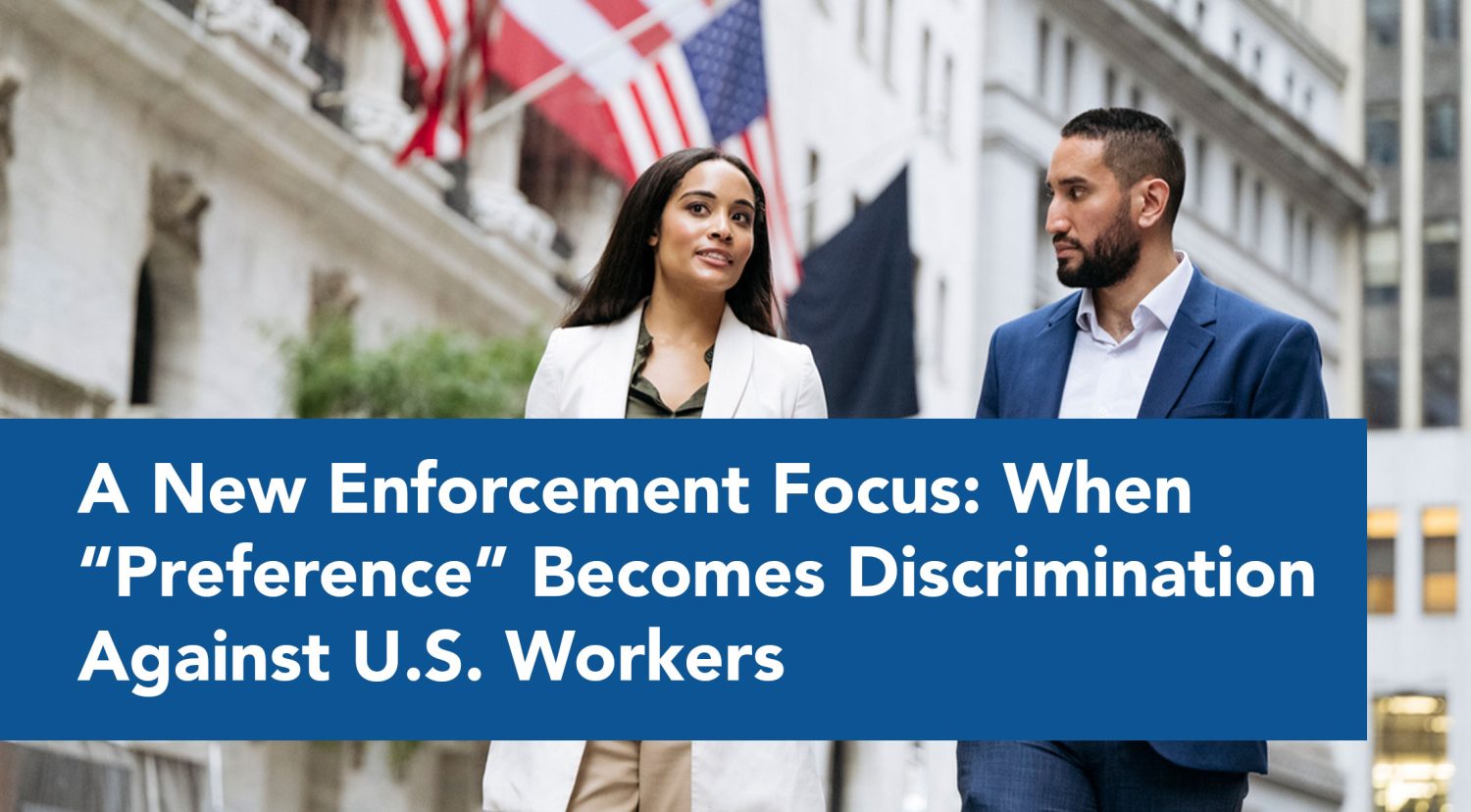

On July 30, 2025, the U.S. Department of Justice (DOJ) released long-anticipated guidance clarifying what federal law requires and prohibits when it comes to workplace diversity, equity, and inclusion (DEI) initiatives. While some may have expected a sweeping overhaul, the DOJ’s message was straightforward: employment decisions must be rooted in merit-based criteria, not identity-based preferences.
The guidance emphasizes lawful hiring practices while cautioning employers against using demographic targets, quotas, or identity-based language in employment decisions, policies, or programs.
So, what does this mean for employers?
You Might Already Be Doing It Right
If your organization is focusing on evaluating talent based on skills, qualifications, and performance as many already are, you’re on the right track. The DOJ’s guidance doesn’t introduce new law but rather reinforce long-standing federal protections under Title VII of the Civil Rights Act.
Programs like “Merit-Based Opportunity” initiatives that focus on objective decision-making in hiring, pay, and advancement align well with the DOJ’s current position.
DOJ’s Recommended Best Practices for Employers
The guide offers a list of non-binding but encouraged practices for ensuring equal opportunity while avoiding legal risk:
- Use measurable skills and qualifications as the foundation for employment decisions.
- Do not consider demographic characteristics (such as race or gender) in selection criteria
- Document legitimate business reasons for every hiring or promotion decision.
- Scrutinize facially neutral criteria to ensure they do not act as stand-ins (proxies) for protected characteristics.
- Train employees on harassment prevention in a way that doesn’t single out any group.
- Eliminate diversity quotas or numerical targets.
- Ensure universal access to all workplace programs and training.
- Include clear non-discrimination clauses in contracts and vendor agreements.
- Establish strong reporting channels and protect whistleblowers from retaliation.
DOJ’s Prohibited Practices Under Federal Law
More notably, the DOJ’s guidance draws a clear line on practices that are explicitly prohibited, even if they are labeled DEI, DEIA, DEIB, or something similar:
- No race- or sex-based quotas or preferences, regardless of the program’s name.
- Do not reference “underrepresented groups” in hiring goals, postings, or internal policies.
- Avoid “safe spaces” or programs limited to specific racial, ethnic, or gender groups.
- Exclude identity-based language in job criteria—such as:
- “Cultural competence”
- “Lived experience”
- “Cross-cultural skills”
- “Cultural background”
- Do not target recruitment geographically based on racial or ethnic composition.
- Avoid considering socioeconomic or first-generation status as selection factors.
- Do not request diversity statements or narratives about overcoming personal challenges as part of the hiring process.
- Prohibit identity-restricted groups or training, including “BIPOC lounges,” “ally groups,” or race/sex-based seminars.
- No segregation is allowed, except in legally narrow contexts (e.g., sex-based sports or private facilities).
- Do not use protected traits (like race or sex) to create “diverse slates” or give tie-breaker advantages.
- Avoid favoring businesses solely based on “minority-owned” or “women-owned” status.
- Ensure DEI training is inclusive—and does not stereotype or create a hostile environment.
- Protect employees from retaliation if they raise concerns about DEI-related policies or practices.
What Should Employers Do Next?
If your organization is already focused on skills-based hiring, transparent pay practices, and inclusive, not preferential programs, you’re in a strong position.
But this new guidance offers a critical opportunity to:
- Review job postings and internal policies for potentially problematic language.
- Audit DEI-related training and programs to ensure compliance with federal law.
- Document all employment decisions with a focus on fairness, business necessity, and defensibility.
Final Thoughts
The DOJ’s guidance doesn’t ask employers to abandon fairness or inclusivity, but it does make it clear that fairness cannot come at the expense of equal protection under the law. It’s a call to refocus DEI programs around compliance, objectivity, and merit while avoiding practices that may create new forms of discrimination.
Have questions?
Contact us at [email protected] or schedule a consultation with one of our compliance advisors.




